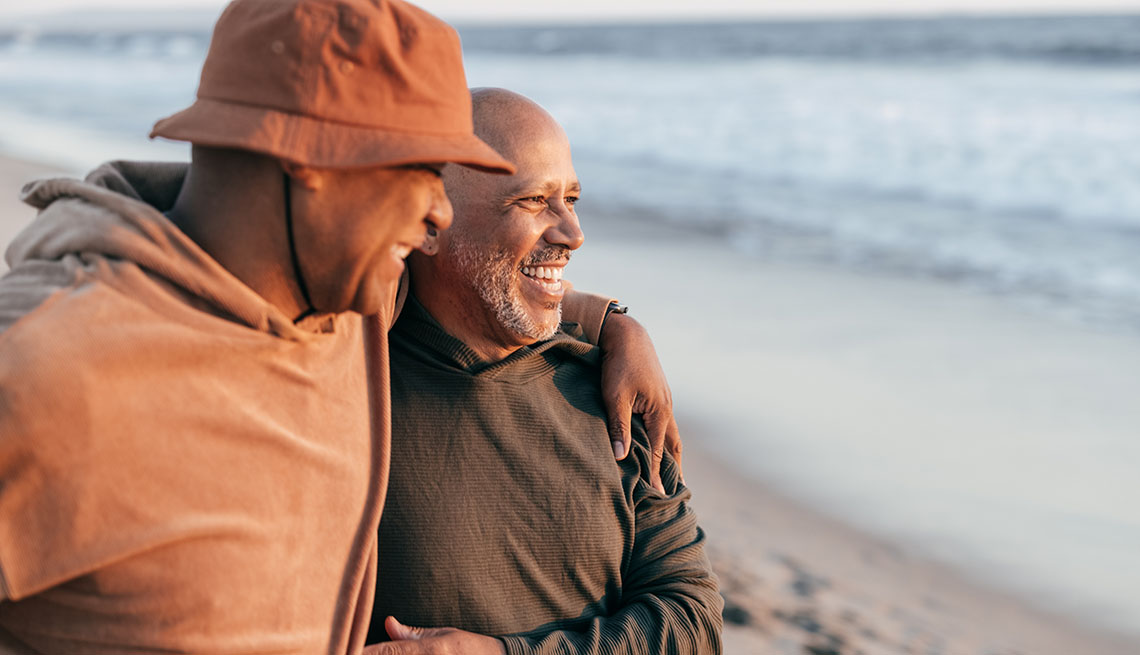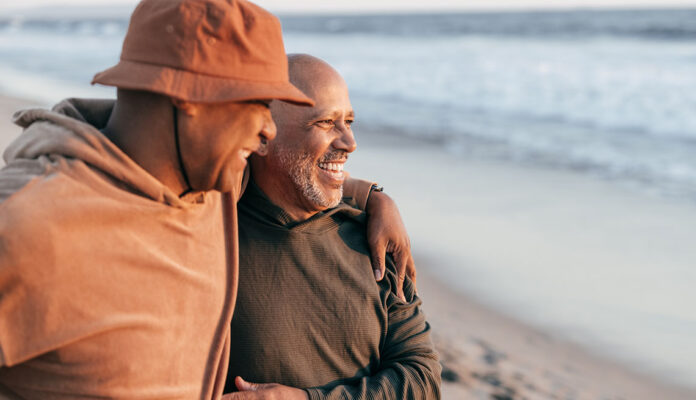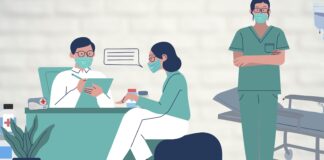
Another report, from AARP New York and SAGE, found that 20 percent of LGBTQ+ seniors in New York reported being turned away from long-term care facilities because of their gender or sexuality, and nearly 25 percent experienced physical or verbal abuse from other residents. To help counter this, SAGE has created a list of LGBTQ+-friendly housing developers, which you can access here. It also has a list of skilled nursing and assisted living facilities that are SAGECare certified, which means staff has gone through specific LGBTQ+ training.
Many LGBTQ+ older adults experience loneliness and isolation
“This is a population already at high risk for isolation and disconnection, and whatever social connections these individuals had evaporated literally overnight during the pandemic,” says Steven Haden, chief executive officer of Envision: You, an organization in Denver devoted to improving LGBTQ+ mental health. In addition, the AARP survey found that 82 percent of LGBTQ+ individuals are at least somewhat concerned about having adequate family and social supports as they age.
One silver lining of COVID, however, was that many LGBTQ+ older adults stepped up to care for one another. The AARP survey, for example, found that 13 percent of respondents began to care for someone new during the pandemic. “Sometimes support circles became even closer, as people moved together to support one another,” Wayland says. “But one concern we do have in caregiving is same-age peers. If two 80-year-olds care for one another, that becomes a fragile support network.” Case in point: The AARP survey found that about half of all caregivers report that they lack companionship, and feel left out and isolated. “Our goal should be to ensure more cross-generational support,” Wayland says. One new program that sprang out of the pandemic is SAGE Connect, a phone-buddy program that matches LGBTQ+ elders with volunteers for weekly phone calls. “We’ve found that as relationships evolve, people develop an ongoing conversation that happens throughout the week,” says Wayland.
More than half of LGBTQ+ older adults report having a disability
A full 75 percent of all LGBTQ+ older adults report that they are in good health — but more than half say they have a disability that keeps them from participating fully in work, school, household or other activities. Research shows that about 44 percent of LGBTQ+ teens report having adverse childhood experiences, or ACEs, which can dramatically affect physical and mental health in adulthood, says Haden, who has a master of social work degree. Adverse childhood experiences are linked to obesity, smoking and heavy drinking as well as such chronic health problems as depression, asthma, cancer and diabetes in adulthood, according to the Centers for Disease Control and Prevention.








